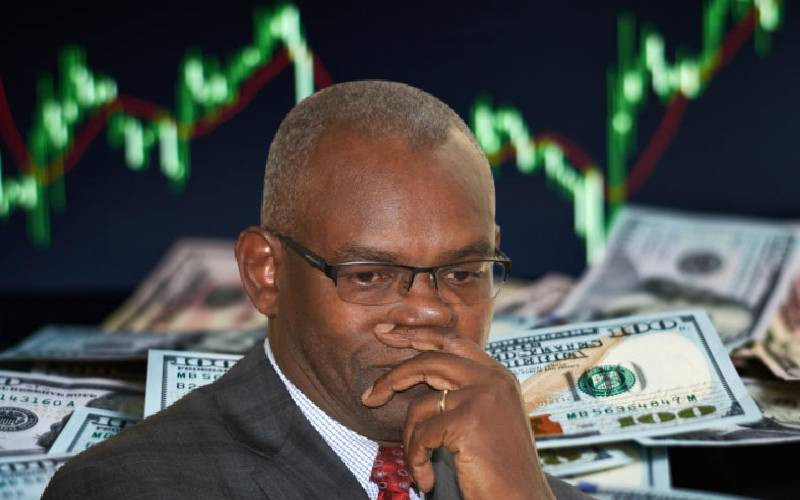×
The Standard e-Paper
Smart Minds Choose Us

It will be baptism by fire for incoming Central Bank of Kenya (CBK) Governor Dr Kamau Thugge, with the shilling hitting a new record low of Sh139 against the dollar yesterday amid rising inflation.
The former National Treasury Principal Secretary is awaiting formal appointment by President William Ruto following his approval by Parliament as the tenth CBK governor on Wednesday.